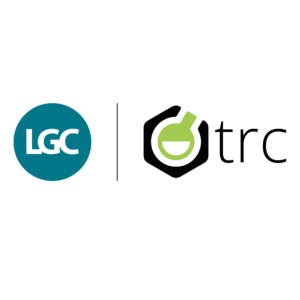Toronto Research Chemical
Research chemicals and Analytical standards including APIs, impurities, metabolites, stable labelled isotopes and controlled substances (member of the LGC group).

Catalog
Certificate of Analysis
Flyer
Articles
Certificate of Analysis
Website Link
Articles
Unravelling EGF Receptor Drug Resistance in Lung Cancer with Signal Cell Sequencing
Aromatic and heterocyclic aromatic amines: colourful. Flavourful. Carcinogenic.
PFAS: Is the end in sight for the ‘forever chemicals’?
Targeting chemokine receptors in cancer drug discovery
Targeting Growth Factor Receptors in Cancer Research